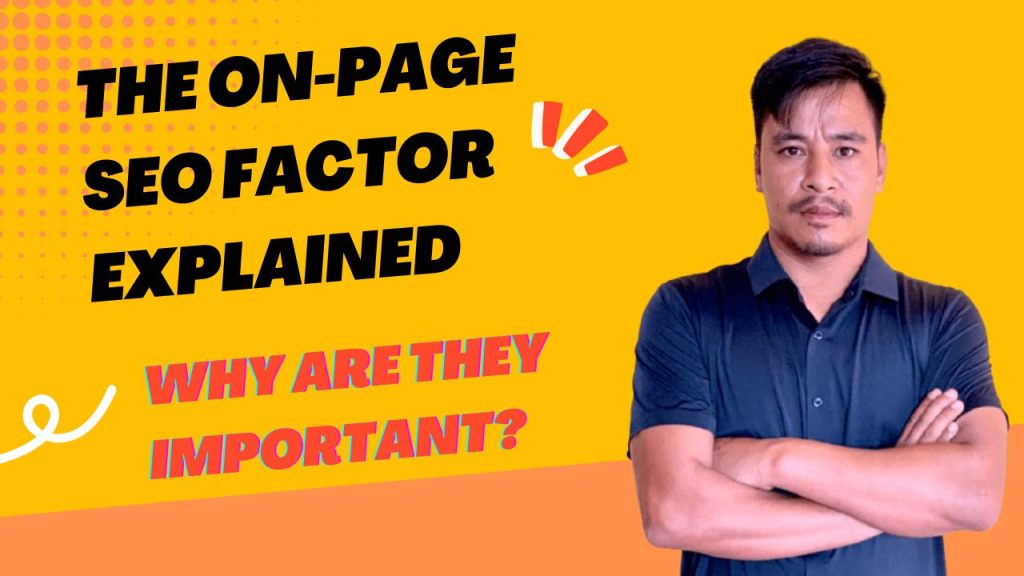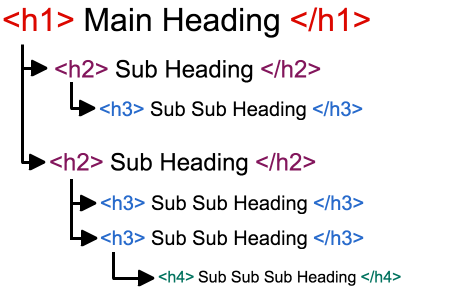Hey there! 👋 If you’re here, chances are you want to understand which on-page SEO ranking factors actually matter in 2025. You’re not alone—this stuff can get confusing fast. That’s why I’ve put together this easy-to-follow guide. No fluff. No jargon. Just the essentials you need to boost your website’s Google rankings the smart way.
Let’s dive in, yeah?
What Is On-Page SEO (and Why It Still Matters in 2025)?
Before we get into the juicy stuff, let’s quickly clear the basics. On-page SEO is everything you do on your own website to help it rank better on search engines—think keywords, titles, internal links, page speed, and more.
Even though Google keeps evolving (hello AI and SGE!), on-page SEO remains your foundation. Without a solid base, no matter how many backlinks you get, it won’t help much. Nail your on-page SEO, and you’re already ahead of half the internet.
Think of it like setting up your shop. If your products (content) are messy, labels (title/meta) are unclear, and the store is slow (loading speed), people will walk out. Google thinks the same way.
The Most Important On-Page SEO Ranking Factors (Ranked by Importance)
1. High-Quality, Relevant Content
You knew this was coming, right? Content is still king, but not just any content. Google now looks for content that’s helpful, relevant, and written by people with real experience (E-E-A-T).
You’re not just writing for keywords anymore—you’re writing for humans. If your content doesn’t answer questions or add real value, users (and Google) will ignore it.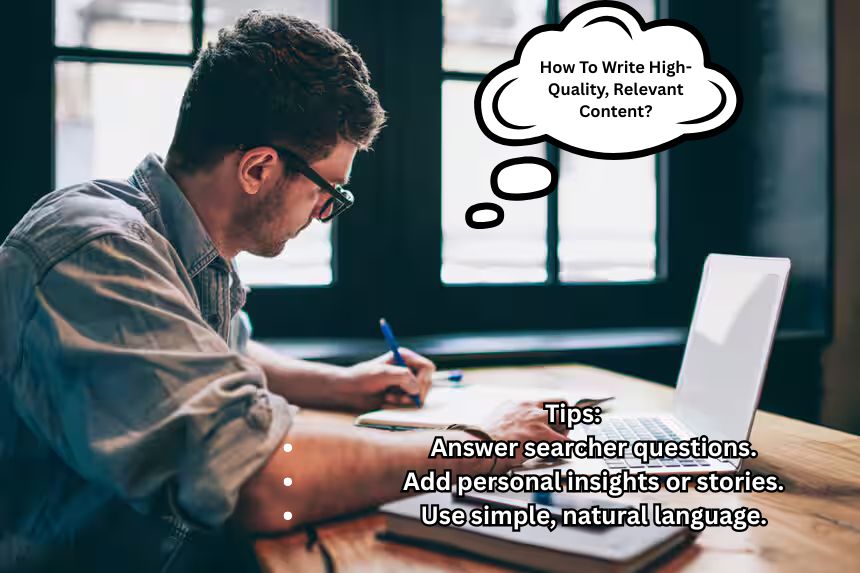
Tips:
- Use tools like Google’s “People also ask” to know what readers want.
- Answer real questions.(example, what do SEO Professional do?)
- Add personal experiences or expert advice.
- Keep it original and updated.
.
2. Title Tags & Meta Descriptions
This is your first impression on Google. Your title tag and meta description show up in search results, and they can make or break your click-through rate.
Think of them like your shop’s signboard. Clear, bold, and inviting signs get more visitors.
Tips:
- Include your main keyword.
- Keep your title under 60 characters.
- Make your meta description about 150–160 characters.
- Add urgency or value: “Learn how to…” or “Top 10 tips for…”

3. Heading Structure (H1, H2, H3…)
Headings break your content into readable sections—for both readers and search engines. A proper structure helps Google understand what each part is about.
Tips:
- Use only one H1 tag for your main title.
- Use H2s for main sections and H3s for sub-sections.
- Keep them short and keyword-relevant.

4. Keyword Placement
Sprinkling your keywords smartly—not stuffing them—is essential.
Where to place keywords:
- Title tag
- Meta description
- First paragraph
- Subheadings
- URL
- Alt text of images
- Throughout the content (naturally)
Use variations and long-tail keywords too, like “on-page SEO checklist” or “SEO ranking factors.”
5. URL Structure
Keep your URLs clean and descriptive. Both humans and bots should understand what the page is about just by looking at the URL.
Example: Bad: yoursite.com/page1234 Good: yoursite.com/on-page-seo-ranking-factors
Tips:
- Use hyphens, not underscores
- Avoid numbers or gibberish
6. Internal Linking
Internal links help users explore your site and tell Google how your content connects.
Tips:
- Link to relevant older blog posts
- Use descriptive anchor text (not “click here”)
- Don’t overdo it—focus on relevance
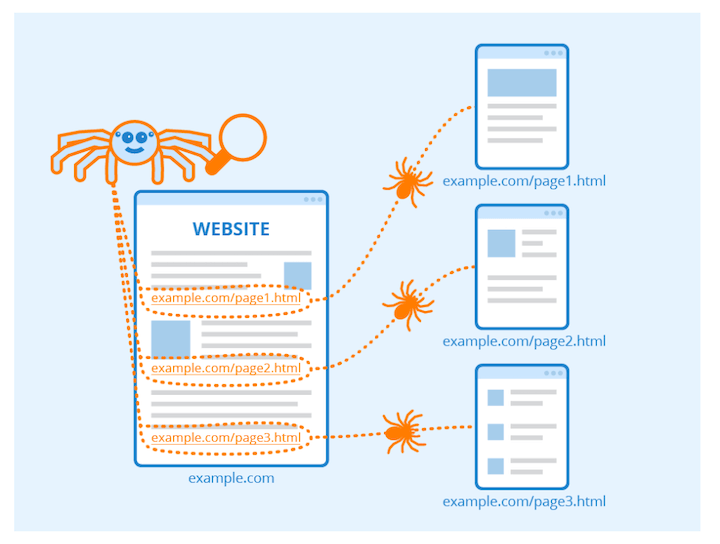
7. Image Optimization
Images add life to your content—but only if they’re properly optimized.
Tips:
- Use descriptive filenames (on-page-seo-factors.jpg)
- Add alt text with relevant keywords
- Compress images for faster load time
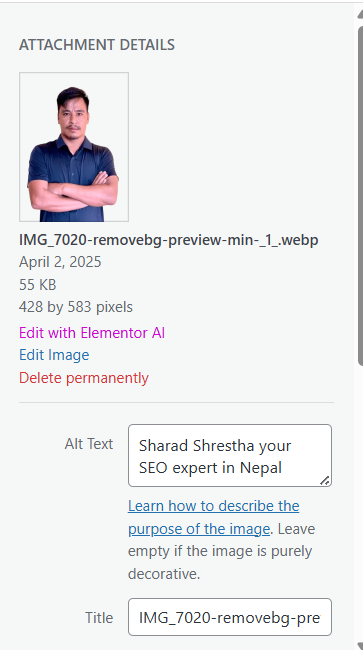
8. Mobile Responsiveness
Most people read your site on their phones. If your site doesn’t look good on mobile, you lose both visitors and rankings.
Tips:
- Use responsive design themes
- Check on different screen sizes
- Keep buttons clickable and text readable
9. Schema Markup (Structured Data)
This is advanced but super valuable. Schema helps Google understand what your page is about. You can get rich results like reviews, FAQs, event listings, and more.
Tips:
- Use JSON-LD format
- Apply to blog posts, FAQs, products, and business info
- Use Google’s Structured Data Testing Tool to validate
10. Content Freshness
Updating your content regularly tells Google your site is active. Plus, readers always prefer the latest info.
Tips:
- Update old posts with new stats or insights
- Add trending topics and FAQs
11. User Engagement Signals
Google watches how users interact with your site. If they bounce quickly, that’s a red flag.
Tips:
- Use short paragraphs and bullet points
- Add images, videos, or polls
- Break content into digestible chunks
12. HTTPS (Website Security)
This is non-negotiable. HTTPS is a confirmed ranking factor and protects your visitors.
Tips:
- Get an SSL certificate (many hosts offer it free)
- Make sure all pages redirect to HTTPS
Future On-Page SEO Trends for 2025
1. AI Search (SGE)
Google’s Search Generative Experience is changing how results appear. Create content that directly answers questions with depth.
Tips:
- Write with context
- Use clear, conversational tone
- Answer multiple related questions
2. Entity-Based SEO
Google’s now ranking based on topics and relationships—called “entities”—rather than exact keywords.
Tips:
- Cover your topic thoroughly
- Link to trusted sources
- Use related terms and synonyms
3. Voice Search Optimization
People use voice search differently—they ask full questions.
Tips:
- Use natural language
- Create FAQ sections
- Target question-based keywords
4. Visual SEO
People love visuals. Optimize your videos, charts, infographics.
Tips:
- Add transcripts for videos
- Use descriptive captions and alt text
- Include schema for videos
Simple On-Page SEO Checklist (Download The Checklist From The Link Given Below)
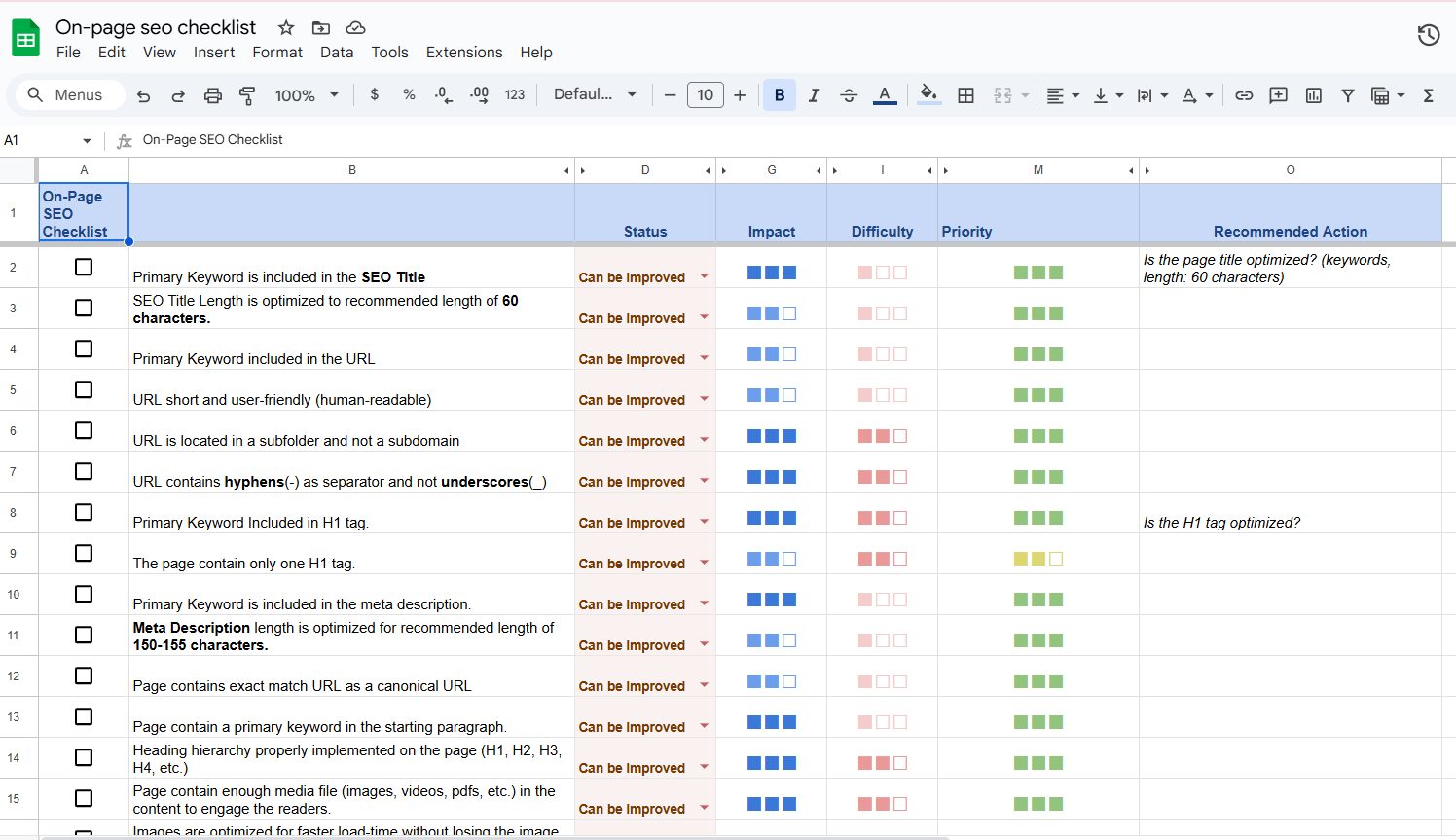
Final Thoughts: You Got This!
That’s it! If you’ve made it this far, I want to give you a virtual high-five. 🙌 You now know the most important on-page SEO ranking factors for 2025—and more importantly, you know how to use them.
Remember, it’s not about doing everything perfectly. It’s about doing the right things consistently. Focus on creating helpful, human-first content and optimizing it for search engines—and you’ll grow.
Got questions? Just drop me a message or comment—I love helping people like you.
Until next time, – Sharad ( on-page seo expert in nepal)

